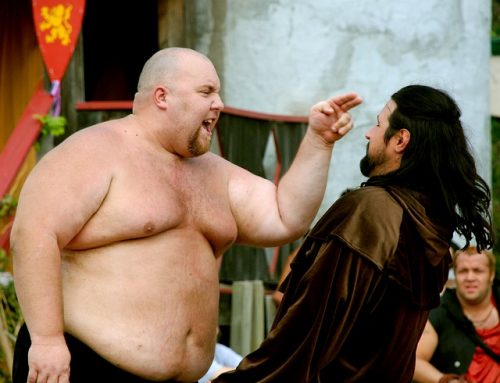A few days ago I listened to Doug Stevenson—teacher of the Story Theater Method—share how he improved his relationship with his young step-son.
Doug related how hard he was trying to communicate with his teenage stepson and that nothing seemed to work. His communications were being ignored, or mis-understood and he was getting nowhere fast. Then one day he came across the following quote:
“Make what is important to the other person as important to you as the other person is.”
Stephen Covey
Said another way, take the time to find out what the other person is interested in, what they care about, what they enjoy, what their desires and ambitions are and learn to value those things in the same way that they do.
In practice this might look like:
- Facilitating them doing what they enjoy, better yet participating with them and enjoying it together.
- Helping them achieve their ambitions.
- Valuing the things they value, or at least demonstrating a standard of care towards what they value that shows that you know and respect what they hold dear.
Doug told how he then simply sat back and observed his young step son over the next few weeks. He discovered that his young step-son was a tech geek and was passionate about all things computing or internet related.
Doug realized that his own technical deficiencies, and his step-son’s passion for computing could serve as a great platform to build their relationship. He then wisely included his step-son in a web development project that allowed his son to fuel and profit from his passion for computing and the web.
Best of all, over the following months this shared experience did indeed bring them closer together.
What if the other person cares about proctology?
This of course presents some not insignificant challenges. What if the person …
- seems to only care about themselves?
- has no interests?
- has destructive interests like drugs, alcohol and fast food?
- is passionate about stuff that you have no affinity for?
- has ambitions that you don’t approve of?
The answer is that you are under no obligation to make every relationship in your life work. With the exception of your family members you get to choose your relationships and you are free to either let relationships wither and die (even family relationships) or invest in them.
Like real estate investments some are worth it and others not; and like real estate it’s not always clear.
All that I’m saying is that if you choose to invest in a relationship then this is a very good approach to take.
It comes down to you doing the work
If a relationship is not working, it always comes down to what you are willing to pay with
- your time
- your energy
- what you are willing to let go or forgive (the biggest seeming cost of all).
You might find that a family relationship isn’t working because one or both parties have been ignoring the quote above.
They either don’t know what the other person values, or if they do, they have demonstrated that they don’t care about it.
Acknowledging this breakdown is a great starting point.
Going forward, demonstrating that you value or at least respect what they value will then be nourishment that causes the relationship to grow.
And it must begin with you.
It always comes down to you because if you wait on the other person it will never happen.
It takes the stronger person to act, and that my friend is always you.




Any thoughts? Contributions/acknowledgments welcome.